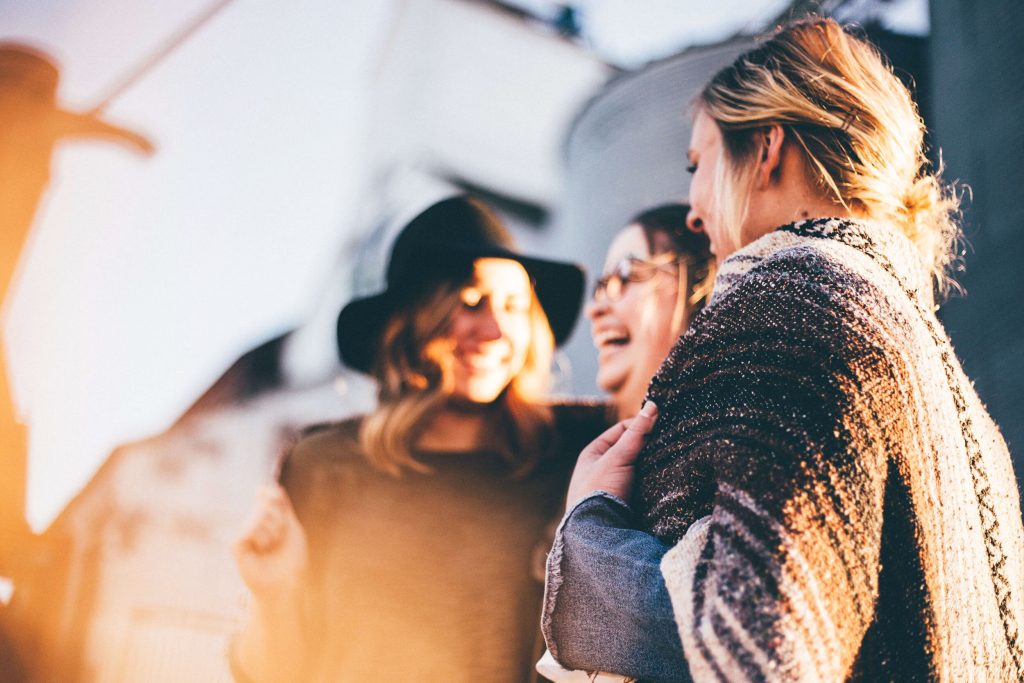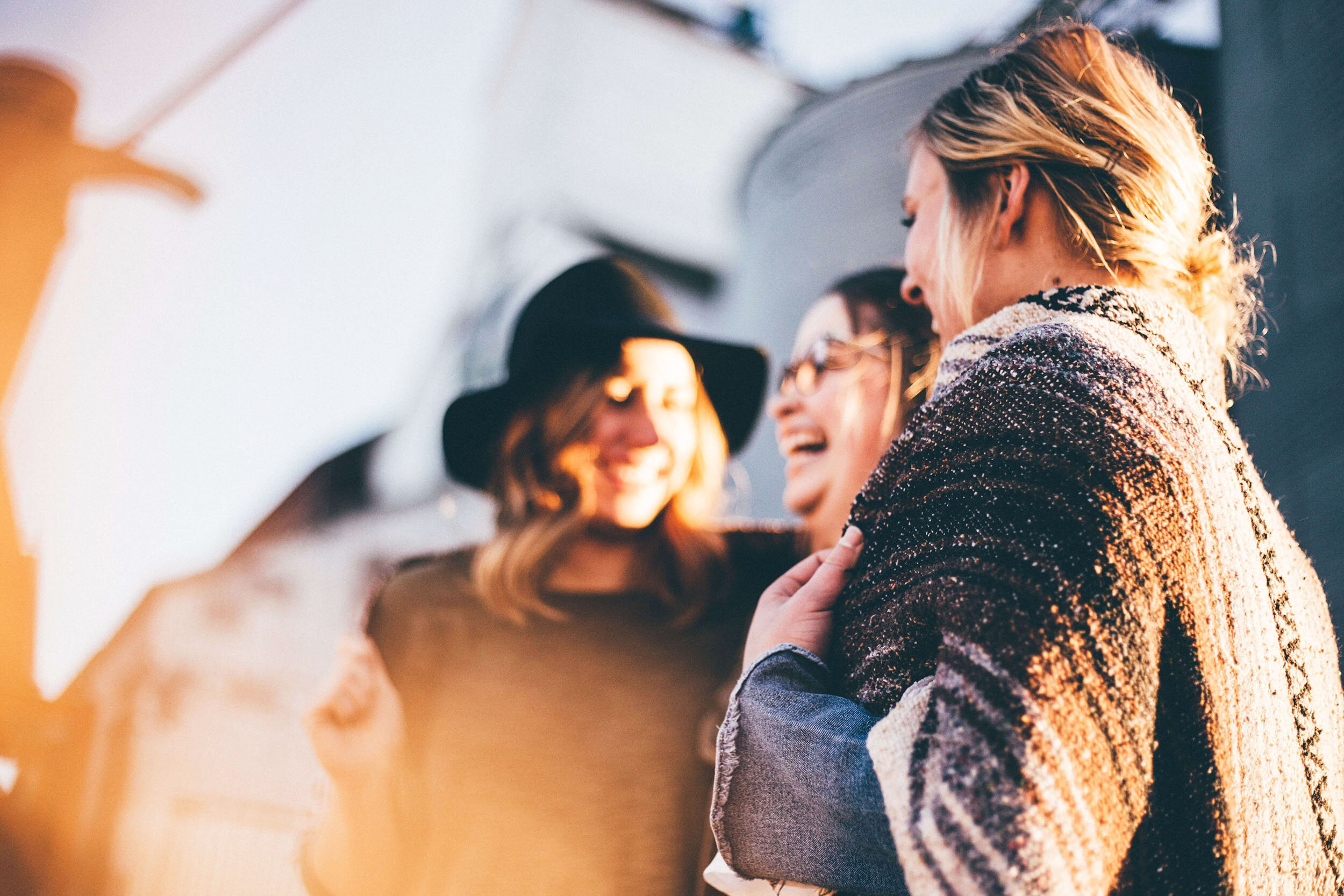
SOCIAL DISTANCING: HOW TO AVOID LONELINESS
THIS IS A STRANGE TIME.
I am writing this from the other side of the world (New Zealand) not knowing how long we will be here for.
How the virus spreads?
With the way the current situation evolves, there’s a strong recommendation that the general public implements social distancing measures in their daily lives. This is to slow the spread of the COVID-19, aka the coronavirus.
As you probably know by now, the COVID-19 is transmitted through the respiratory system and droplets generated when someone infected coughs or sneezes. What we know is that these droplets may extend up to 2 meters/ 6 feet from the person that generates them. If you breathe in the droplets, or they get in contact with your eyes, nose, or mouth then you are at risk of getting infected by the virus.
What is social distancing and why is it important right now?
Therefore, the concept of social distancing is important and should be practised by everyone. By staying away (distancing ourselves) from someone who is sick or unwell, the risk of being exposed lowers significantly. In general, the advice is to:
- avoid large meetings around 100 people or more (although this number is being lowered almost daily; the USA now recommends avoiding gatherings larger than 10 people)
- work from home where possible to avoid large teams/office meetings
- close schools or child care centres
- avoid public transport
- avoid shopping malls, sports games or concerts and other social events
Simply said, by increasing the distance between people we decrease the chances of being exposed if someone around you is sick.
For me, this part makes sense.
What social distancing shouldn’t be about
I like to think of the social distancing as more of physical distancing. We don’t want it to be about cutting out and isolating ourselves from all human contact. What we want, is that physical distance which in my head is quite different.
Now more than ever, social connection matters. We need support, people’s encouragement, warm words and assurance. We need love and knowing that there’s someone who cares about us and would like to know that we are well. We have FaceTime, we have the Internet, we have emails. We have phones, we have Skype, we have Zoom, we have What’s App. Many ways can help us to stay connected. Let’s use it. Don’t avoid people and loved ones. Don’t get ‘locked down’ and lose touch with people.
Social isolation can cause loneliness and this in effect is can be one of the causes of depression and anxiety. Loneliness affects physical and mental health and is a huge factor when it comes to increased stress levels. And now, I am sure you agree, what we don’t need is more stress.
Findings on Blue Zone communities frequently show how important social connections and communities are.
Don’t get lonely by socially isolating yourself. Engage in frequent and meaningful interactions with your friends and coworkers. It has never been easier to work and keep friendships remotely- in fact, most of my closest friends are distances away from me and we’ve been able to keep lovely deep friendships for years! Reach out to a mate for a Skype chat, call your brother and his kids, meet friends for a virtual coffee or a glass of wine. You can cook a healthy dinner together while chatting on FaceTime. Or watch a movie together online with a bowl of popcorn in hand. And don’t forget to wave on the street to your neighbour and smile at a driver in the car next to you on the traffic lights – none of them requires physical proximity and can be so meaningful.
It doesn’t take much, and we all need this right now. Physical distance doesn’t need to mean social disconnection.
* Here are a link I found quite useful when understanding the importance of social distancing:
